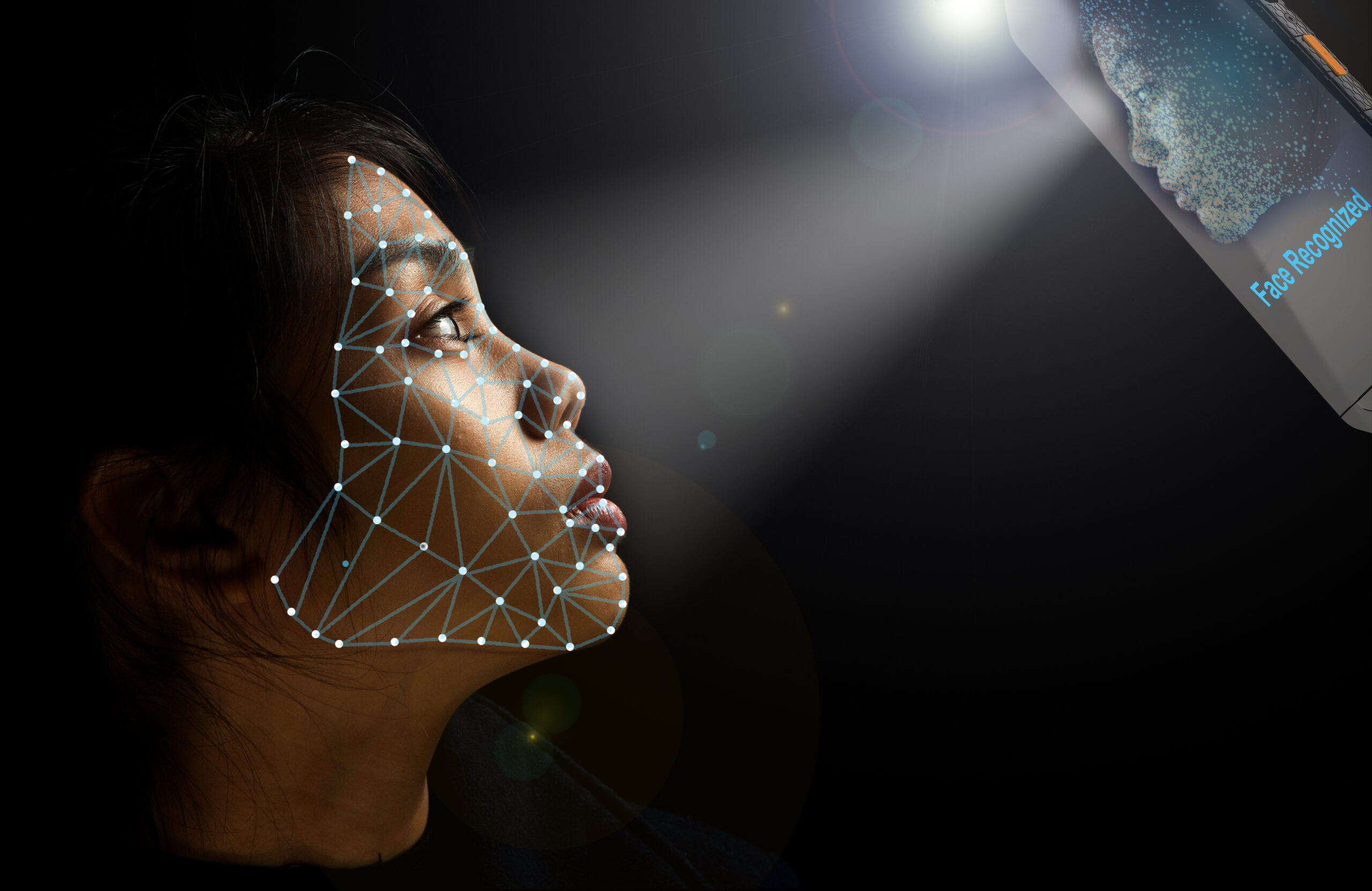
An English school has faced criticism from the U.K.’s data protection regulator for using facial recognition technology without obtaining explicit consent from students. The incident highlights ongoing concerns about privacy, especially when it comes to the use of biometric data in schools.
Details of the Incident:
| Aspect | Details |
|---|---|
| School | Chelmer Valley High School, Chelmsford, Essex |
| Technology Used | Facial Recognition for cashless lunch payments |
| Previous System | Fingerprinting since 2016 |
| Company Involved | CRB Cunninghams |
| Date of Introduction | March 2023 |
| ICO Action | Issued a public reprimand |
| Key Concern | Lack of specific opt-in consent from students |
Chelmer Valley High School introduced facial recognition technology for lunch payments in March 2023, after using fingerprinting since 2016. The Information Commissioner’s Office (ICO) stated that the school did not conduct a necessary data protection impact assessment (DPIA) before deploying the technology, a requirement under U.K. regulations. The ICO also noted that the school failed to obtain “clear permission” from students for processing their facial scans.
The school had notified parents about the new technology, presenting it as an opt-out program. This approach contradicted Article 4(11) of the U.K. General Data Protection Regulation (GDPR), which requires a “clear affirmative action” for consent. The ICO’s head of privacy innovation, Lynne Currie, emphasized the importance of proper data handling in schools, comparing it to the importance of handling food safely.
Privacy advocacy group Big Brother Watch’s advocacy manager, Mark Johnson, commented on the situation, expressing concerns about the sensitive nature of biometric data and the potential implications for students’ privacy.
The ICO, while not imposing a fine on the public school, issued a public reprimand, highlighting the need for proper data protection measures, especially when involving children. The ICO’s action aims to ensure that schools implement new technologies responsibly, prioritizing data protection and privacy rights.
Featured Image courtesy of Core Team One
Follow us for more news about facial recognition.
